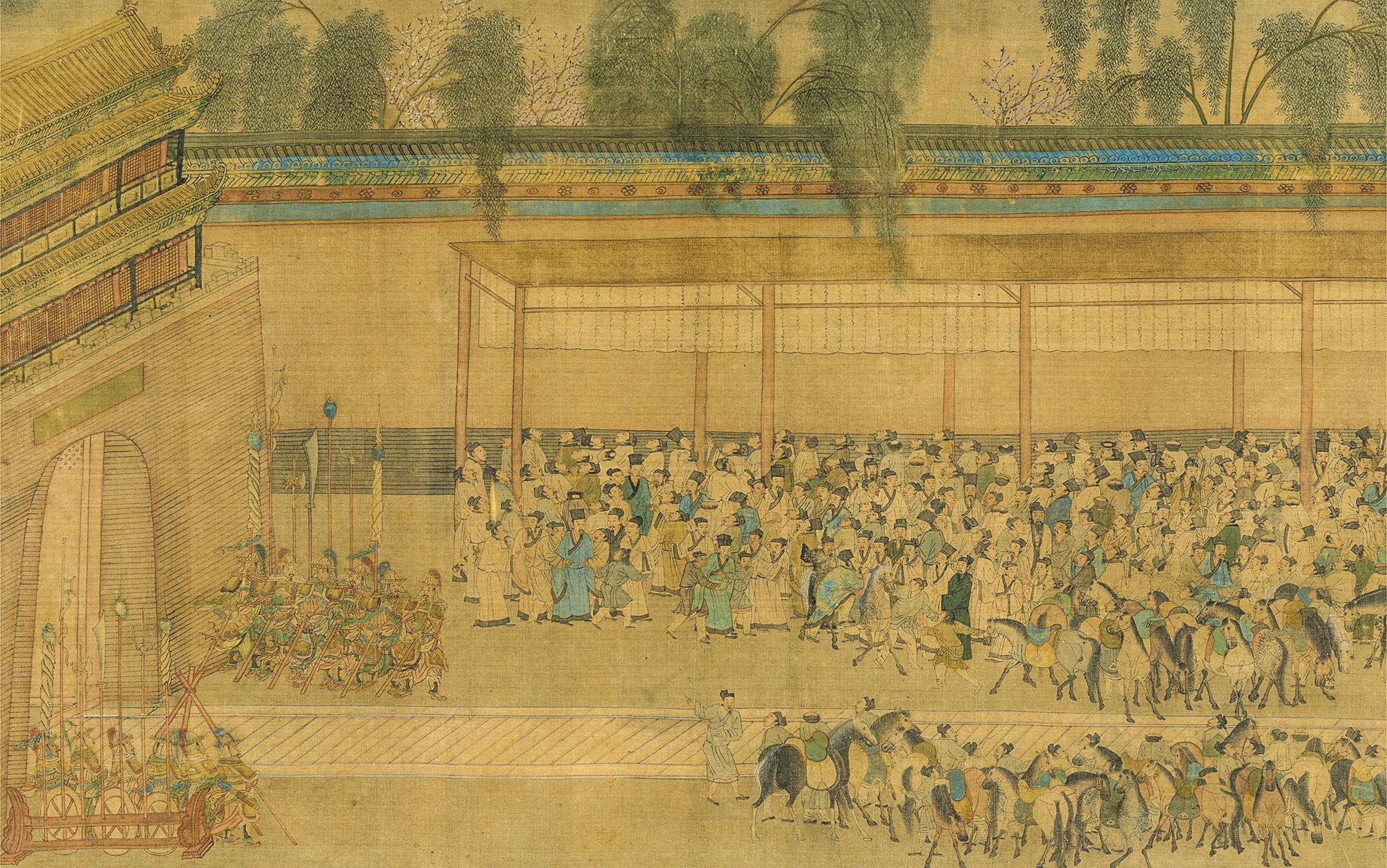
The exam that broke society
['Keju', 'Chinese', 'state', 'China', 'society']
Keju, China's incredibly difficult civil service test, strengthened the state at the cost of freedom and creativity
The exam that broke society
The impact of Keju is still felt today, not only in the form and practice of Gao Kao and the civil service exam but also because Keju incubated values and work ethics. The Keju exams loom as part of China's human capital formation today, but they also cultivated and imposed the values of deference to authority and collectivism that the Chinese Communist Party has reaped richly for its rule and legitimacy. The most direct way Keju decimated Chinese society is through talent monopoly but there were others. In a dataset that has information on the 11,706 Keju candidates during the Ming dynasty, the average age passing the final stage of Keju was 32, approaching middle age at a time when average life expectancy was much lower than today. Ming standardised Keju further: it enforced a highly scripted essay format, known as the 'eight-legged essay', or baguwen in Chinese, to which every Keju candidate had to adhere. The substantial Keju literacy produced none of the liberalising effects on Chinese ideas, economy or society. This ideological single-mindedness of Keju is puzzling and it is puzzling still considering the following: in my book, I document that several emperors who played an instrumental role in inventing and developing Keju were not Confucianists themselves.